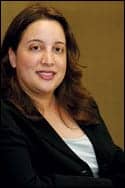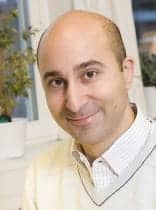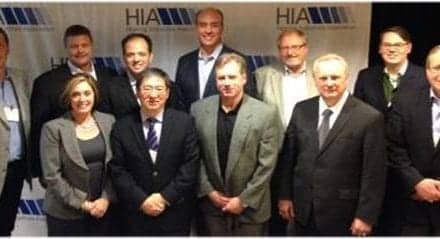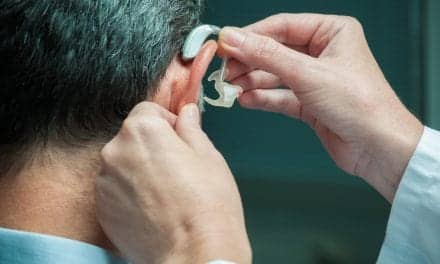
|
I just finished reading a book about a priest who takes on a new congregation in a small town. As he tries to learn more about his parishioners, he meets one man with whom no one can communicate except his mother because he is deaf—and no one else in the community knows sign language or has ever tried to learn how to communicate with him.
Throughout the book, the priest takes it upon himself to learn sign language from the man’s mother so that he can communicate with his deaf parishioner. He also encourages others in the community to learn some basic signs so that they too can communicate with their fellow parishioner. It’s not long before the lessons become part of each Sunday’s service.
While the tale in the book is fictional, it did make me start thinking about the importance of being able to communicate with patients who are hard of hearing or deaf.
In a Web poll conducted online (www.hearingproductsreport.com), HPR asked visitors whether they or anyone else in their offices knew sign language, and almost 56% of the respondents answered yes. (See complete poll results in the HPR Online section below.) Those results indicate that there are many hearing care professionals who likely have no effective means of communicating with—and ultimately assisting—their clients/patients.
Hearing care professionals cannot always depend on family members or friends to translate information, especially when medical terminology is being used. While many people who are deaf can read lips, there are certainly those who cannot. And writing everything down is not always the most time-efficient method of communicating.
Many prospective employers with job openings in various industries now often seek employees who are bilingual. Such employees often provide links to customers, patients, and others who are not fluent in English. Within the hearing health care field, sign language is that bridge for many in the Deaf and Hard-of-Hearing communities.
It’s a disservice to work with so many individuals and their families within these communities and not know or have someone on staff who knows sign language fluently.
As a product magazine, HPR showcases the various products, services, and technologies available to hearing health care professionals to best assist their patients. Sign language should be considered one of those services. If you don’t know sign language already, there are numerous books, videos, and courses available on the subject. Do yourself and your clients/patients and their families a service and learn it.

Danielle Cohen





